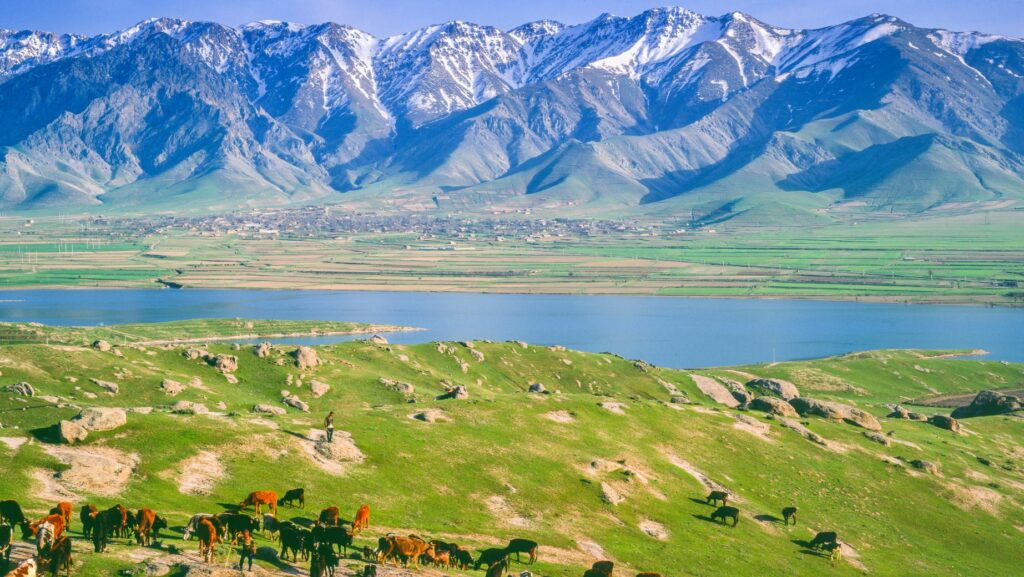As an expert in the field, I find myself intrigued by the concept of “marsh monopoly.” This term refers to a situation where there is a dominant player or entity controlling and monopolizing a specific marshland area. The idea of one entity having exclusive control over marshlands raises questions about its impact on the environment, biodiversity, and local communities.
Marshes are vital ecosystems that provide numerous benefits, such as water filtration, flood control, and habitat for various plant and animal species. When a single entity gains monopoly-like control over these areas, it can potentially exploit the resources without considering long-term sustainability or ecological balance.
Furthermore, this concentration of power may have implications for local communities that depend on marshes for their livelihoods. Access to fishing grounds, agriculture opportunities, or recreational activities could be limited or completely controlled by the dominant player. This can lead to socioeconomic disparities and hinder community development.
Understanding the dynamics of “marsh monopoly” is crucial in order to evaluate its potential consequences and explore ways to ensure equitable access and sustainable management of these valuable wetland ecosystems. It is essential to strike a balance between conservation efforts and responsible utilization that takes into account the needs of both nature and society at large.

Marshmonoply
Marshmonoply is a cutting-edge, innovative concept in the field of wetland conservation and restoration. It combines the principles of marsh ecology with the strategies of the monopoly game to create a unique approach to environmental stewardship.
At its core, Marshmonoply aims to address the challenges faced by wetlands around the world, such as habitat loss, pollution, and climate change. By applying game theory and interactive gameplay elements, it seeks to engage individuals, communities, and organizations in a collaborative effort to preserve and restore these vital ecosystems.
Here’s how Marshmonoply works:
- Property Acquisition: Similar to the classic board game Monopoly, players acquire properties within a virtual wetland landscape. These properties represent different areas of the wetland ecosystem, including marshes, swamps, ponds, and wildlife habitats.
- Environmental Challenges: As players progress through the game, they encounter various environmental challenges that mirror real-world issues faced by wetlands. These challenges include invasive species management, water quality improvement efforts, and implementing sustainable practices.
- Collaboration and Strategy: To overcome these challenges successfully, players must collaborate with other participants and develop strategic plans that balance ecological needs with economic considerations. This encourages teamwork while fostering an understanding of complex ecological systems.
- Education and Awareness: Alongside gameplay elements are educational resources that provide valuable information about wetlands’ significance and their role in biodiversity conservation through engaging content such as videos, articles, or infographics embedded within the game interface itself or linked externally.
- Real-World Impact: Perhaps most important for Marshmonoply players is its potential for real-world impact beyond just virtual gameplay experiences. The actions taken within the game translate into tangible outcomes in wetland conservation efforts on-site through partnerships with environmental organizations working on-the-ground projects globally.
Through this innovative approach combining gamification with ecological awareness, Marshmonoply aims to inspire individuals and communities to become active participants in wetland conservation. By fostering a sense of stewardship and providing practical solutions, this concept has the potential to make a significant difference in protecting and restoring these critical ecosystems for future generations.
Join me as we explore the exciting world of Marshmonoply and discover how this unique approach is revolutionizing wetland conservation efforts worldwide. Together, we can create a brighter future for our marshes, wildlife, and the planet as a whole.


More Stories
Why Supplemental Security Income Might Be the Most Misunderstood Benefit You’re Missing Out On
Bet Affiliate is Easy with 1xBet
What Is A Virtual Credit Card: Everything You Need To Know